Some procedures for preparing investment in power projects will be cut.
“Resolution 70-NQ/TW on ensuring national energy security until 2030, with a vision to 2045, is an important guideline for Vietnam to build a safe, efficient and environmentally friendly energy system. The remaining issue is how we realize the Resolution with concrete actions,” Mr. Pham Duc Son, Editor-in-Chief of Investor Magazine, emphasized.
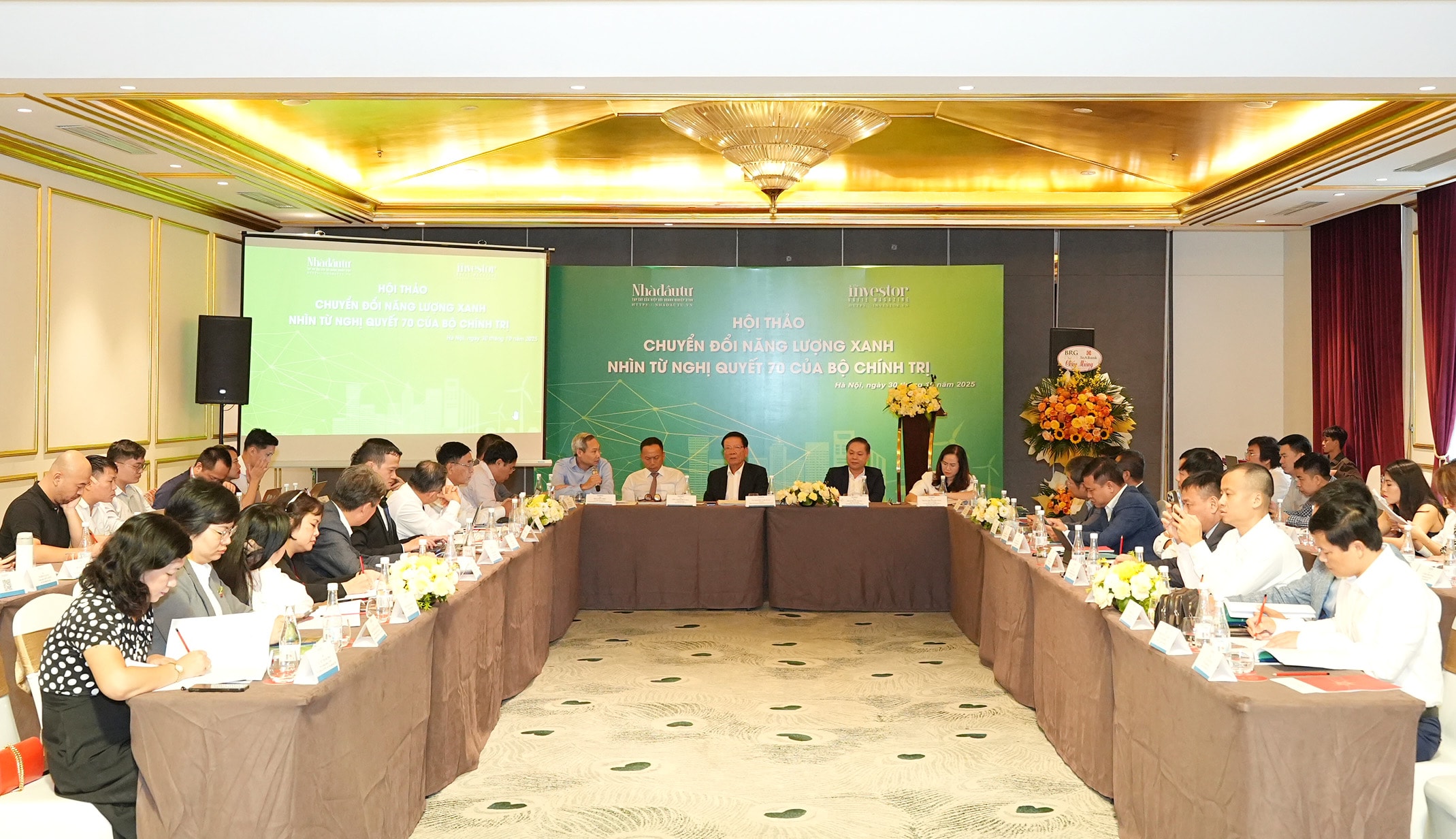
In order to concretize Resolution 70-NQ/TW, the Ministry of Industry and Trade is completing the draft Resolution of the National Assembly on mechanisms and policies to remove difficulties in energy development, expected to be submitted to the National Assembly for consideration and approval during the ongoing 10th Session, said Mr. Tran Hoai Trang, Deputy Director of the Electricity Department (Ministry of Industry and Trade).
The resolution is expected to include a number of specific mechanisms and policies to remove difficulties in energy development, with four key groups: power planning; developing the power supply network in provincial planning; investing in the construction of power projects; and a direct electricity trading mechanism.
Specifically, regarding the power development planning and the power supply network development plan in the provincial planning, the draft Resolution stipulates flexible planning adjustments to meet practical needs as well as feasibility during implementation.
Regarding investment in power project construction, the draft Resolution will cut down some procedures for preparing investment in power projects (from the planning stage to the commencement of construction such as investment policy, investor selection, etc.). The regulations aim to reduce implementation time and compliance costs for investors implementing power projects. The reduction will help speed up the implementation progress and soon put power projects into operation in the period 2026 - 2030.
The Draft Resolution also adds a number of specific mechanisms applicable to BOT power projects to meet the expectations of investors and increase attractiveness to attract capital from international financial institutions and foreign credit institutions. At the same time, it adds regulations on outstanding specific mechanisms and removes difficulties for gas-fired thermal power projects using imported LNG, focusing on the long-term minimum power output mechanism and application period.
The draft provides regulations to promote and implement the direct electricity trading mechanism more effectively in accordance with the spirit of Resolution No. 70-NQ/TW on focusing on mobilizing all social resources and strongly encouraging the private sector to participate in energy development. Specifically, it includes the following main orientations: expanding the subjects of application (electricity buyers); removing the regulations on price frames for cases of direct electricity trading through a separate grid connection.
The draft Resolution also proposes strong decentralization to localities in approving offshore wind power investment policies. Accordingly, the provincial People's Committee will have the authority to approve projects and select investors based on the location of the power gathering point. At the same time, it stipulates a mechanism for assigning tasks to a number of large state-owned and private enterprises with prestige, brand names, and capabilities to carry out the task of developing large-scale offshore wind power in association with ensuring national defense, security, and protecting sovereignty over seas and islands.
“We expect that if the resolution is passed by the National Assembly , this will be a strong enough legal corridor to quickly promote power source and grid projects, meeting the increasing load demand in the 2026-2030 period,” said Mr. Trang.
Power planning VIII should be updated periodically every 3-5 years.
To achieve strategic goals of energy security, emission reduction, and green growth, Associate Professor, Dr. Dang Tran Tho, Institute of Energy Technology, Hanoi University of Science and Technology, said that it is necessary to perfect institutions, policies, and national energy master plans.
Specifically, Vietnam needs a (new) Green Energy and Energy Efficiency Law that integrates mechanisms for managing competitive electricity markets, direct power purchase agreements (DPPAs), carbon markets, and energy storage.
The Power Master Plan VIII (adjusted to 2024) should be updated periodically every 3-5 years, adding flexible mechanisms for source and regional transition. At the same time, it is necessary to establish a National Energy Transition Coordination Agency (following the UK's "Energy Transition Council" model) to monitor the consistency between planning, investment and incentive policies.
At the same time, it is necessary to shift from a fixed FIT mechanism to a transparent bidding mechanism with a price ceiling and prioritizing localized technology. Establish a carbon tax and domestic carbon credit system to encourage businesses to reduce emissions and reinvest in clean technology. Hydrogen, battery storage, and offshore wind projects should enjoy preferential import tax on equipment, corporate income tax exemption for the first 5 years, and priority access to land and infrastructure.
Referring to the fact that the Power Plan VII did not comprehensively assess the development of power sources, causing imbalance between sources and grids, regions, and causing waste, Associate Professor, Dr. Dang Tran Tho said that these are great lessons in building national energy development plans. He proposed that future national power plans need to be surveyed, evaluated, and built more carefully and comprehensively; there needs to be a mechanism to monitor, adjust, and supplement changes during the planning period.
From the perspective of state-owned enterprises, Mr. Nguyen Tai Anh, Deputy General Director of Vietnam Electricity Group (EVN), said that in order to effectively implement Resolution 70-NQ/TW, the Government and ministries and branches need to soon complete the legal framework and technical standards for new energy technologies: hydrogen, ammonia, biomass, carbon capture and storage, and a carbon market mechanism in line with international standards.
EVN representatives also emphasized the coordination role of localities in spatial planning, land allocation for power source and grid development, as well as in compensation and site clearance, which are factors that often cause delays in the progress of many large power projects.
Source: https://daibieunhandan.vn/de-xuat-chinh-sach-thao-go-kho-khan-trong-phat-trien-nang-luong-10393744.html





![[Photo] Prime Minister Pham Minh Chinh attends the 5th National Press Awards Ceremony on preventing and combating corruption, waste and negativity](https://vphoto.vietnam.vn/thumb/1200x675/vietnam/resource/IMAGE/2025/10/31/1761881588160_dsc-8359-jpg.webp)
![[Photo] Da Nang: Water gradually recedes, local authorities take advantage of the cleanup](https://vphoto.vietnam.vn/thumb/1200x675/vietnam/resource/IMAGE/2025/10/31/1761897188943_ndo_tr_2-jpg.webp)

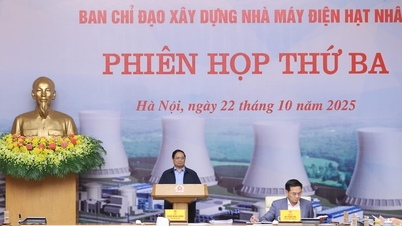



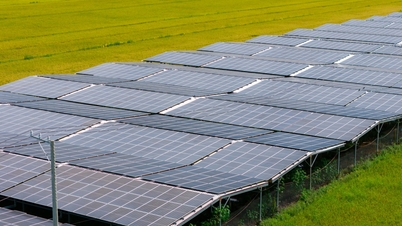

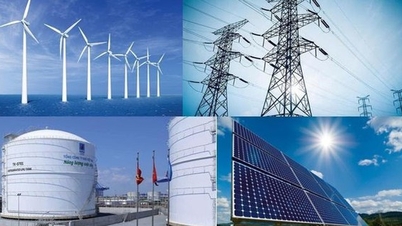




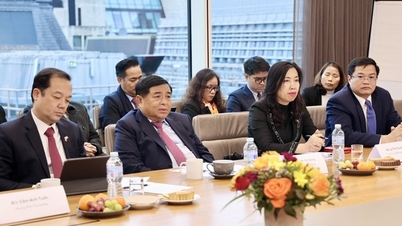
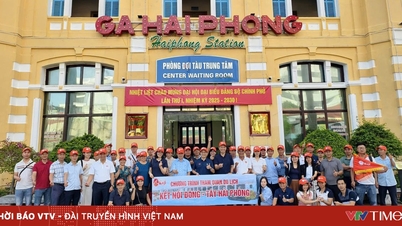

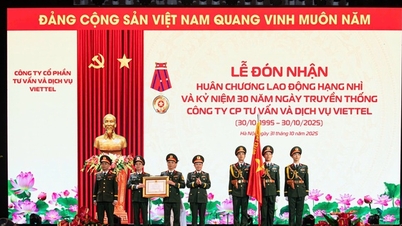
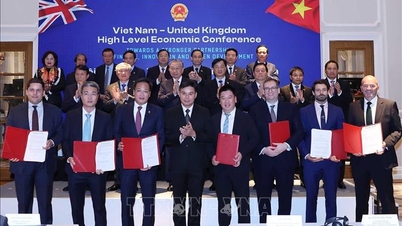





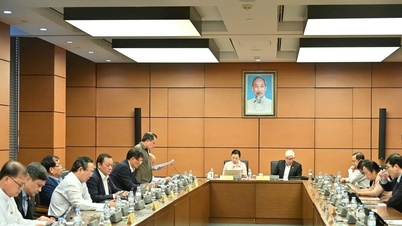
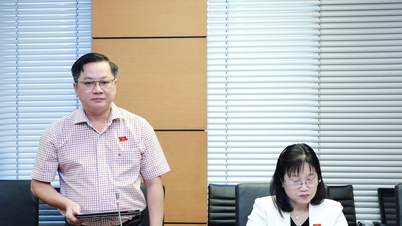
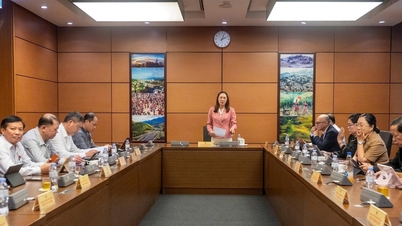
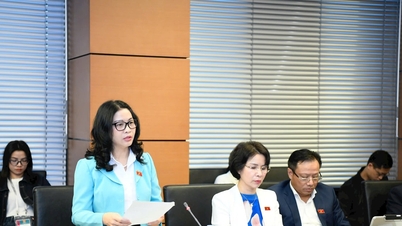
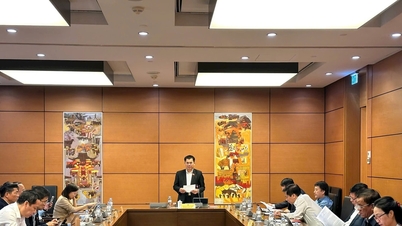
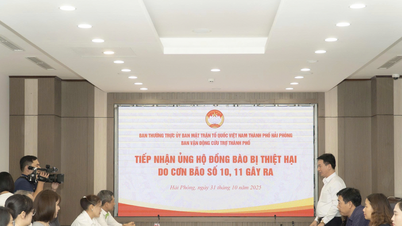




































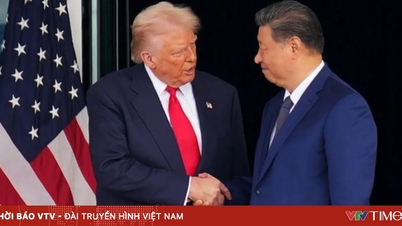
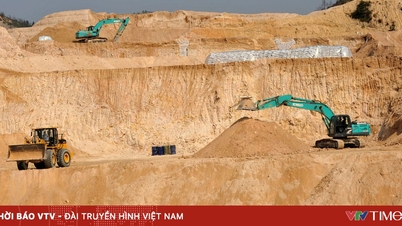
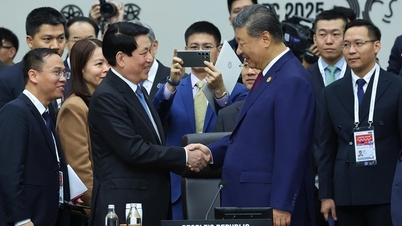
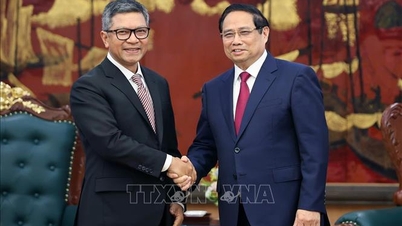
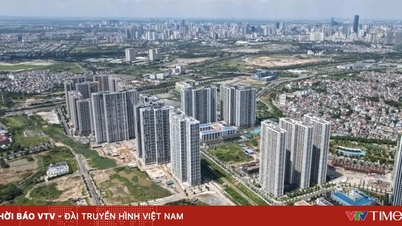





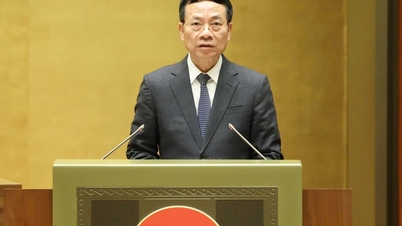

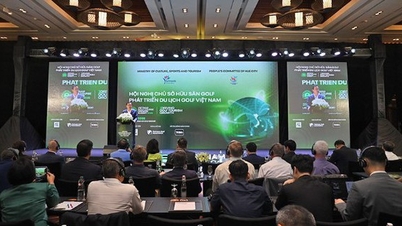
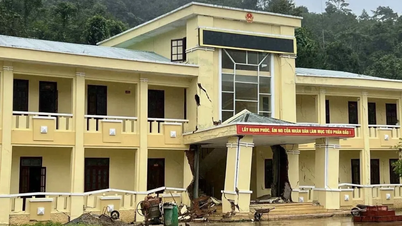


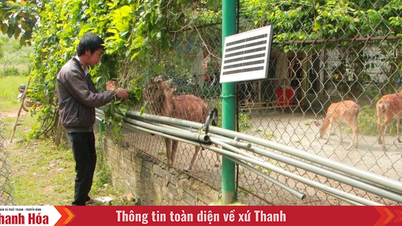




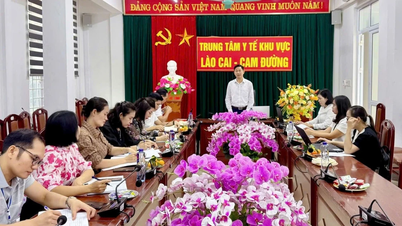














Comment (0)